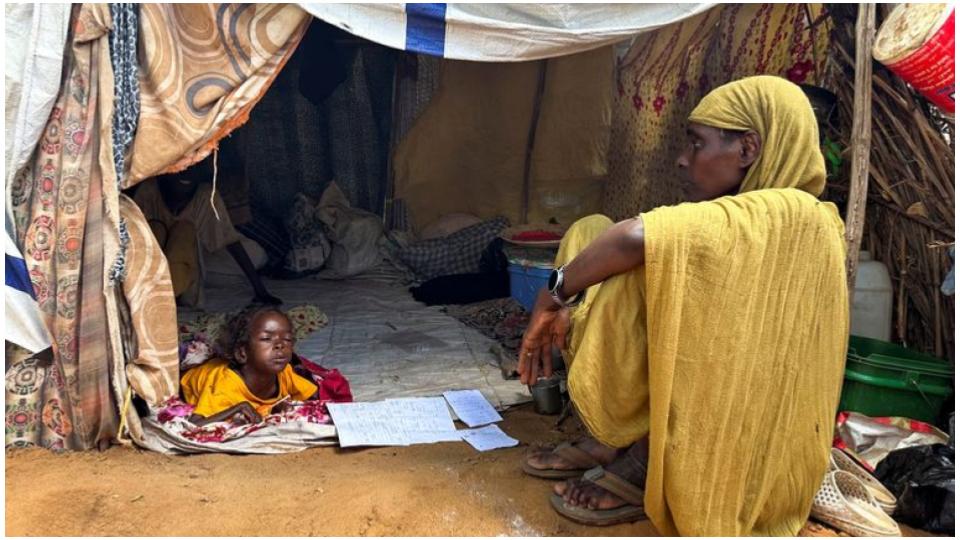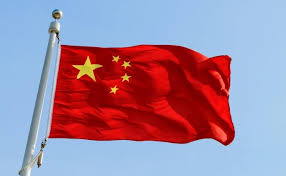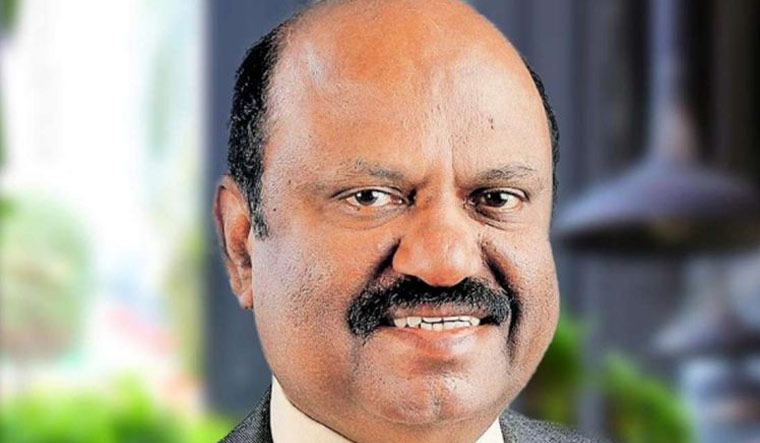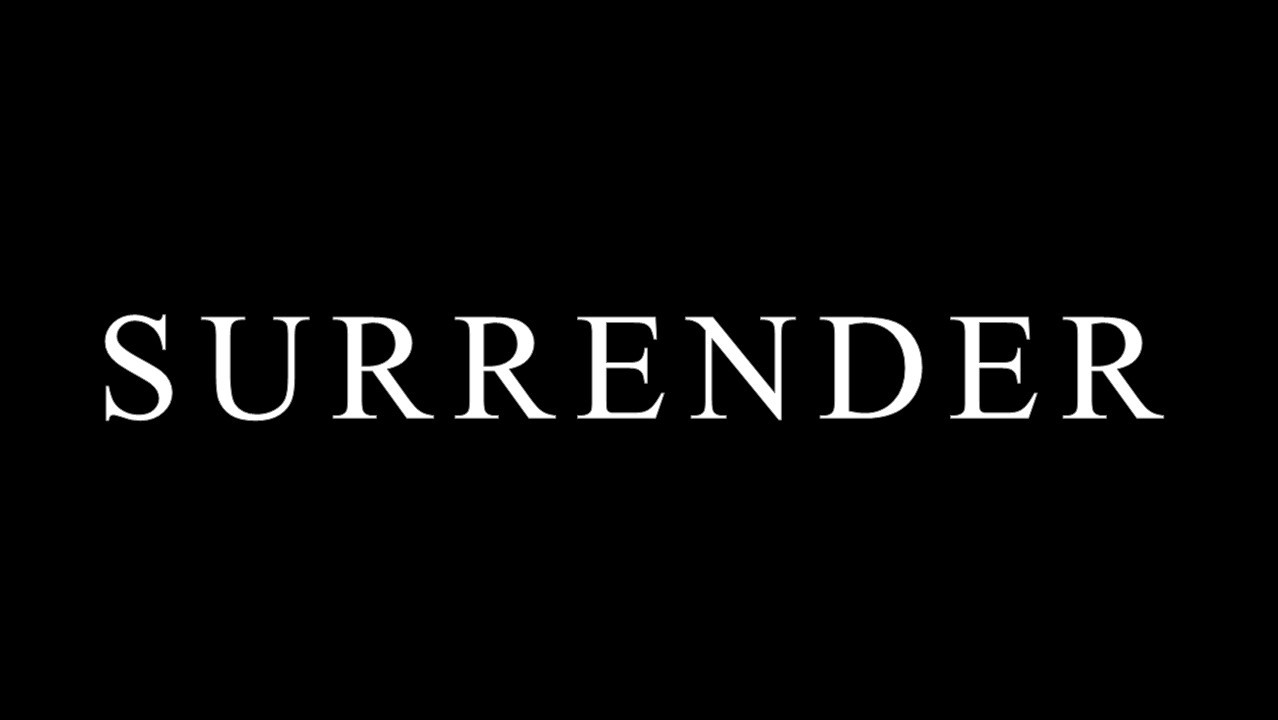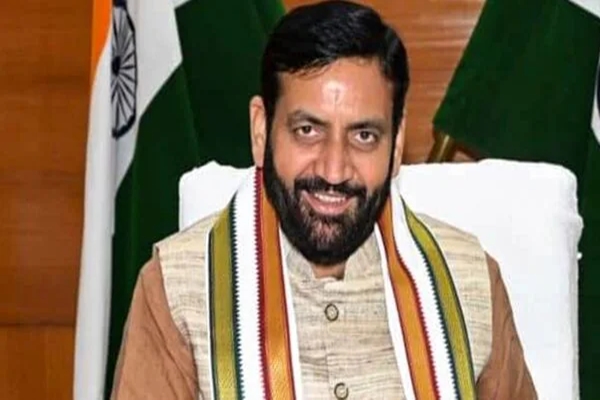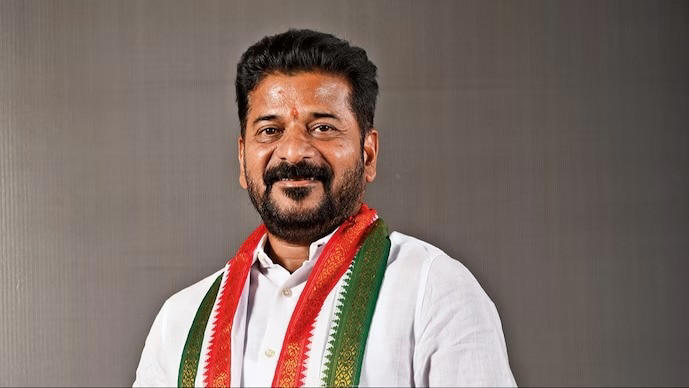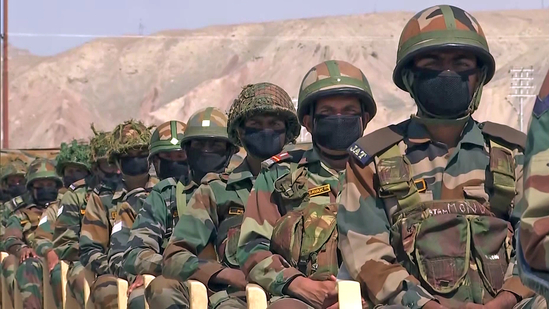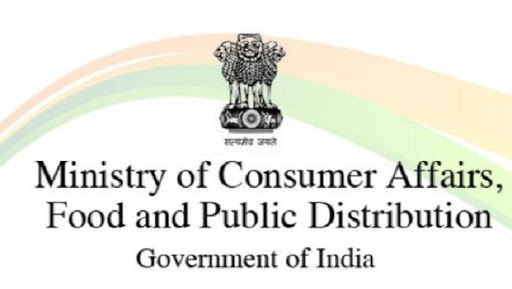US sanctions will isolate Russia from global financial system: Official
Fri 25 Feb 2022, 12:16:19
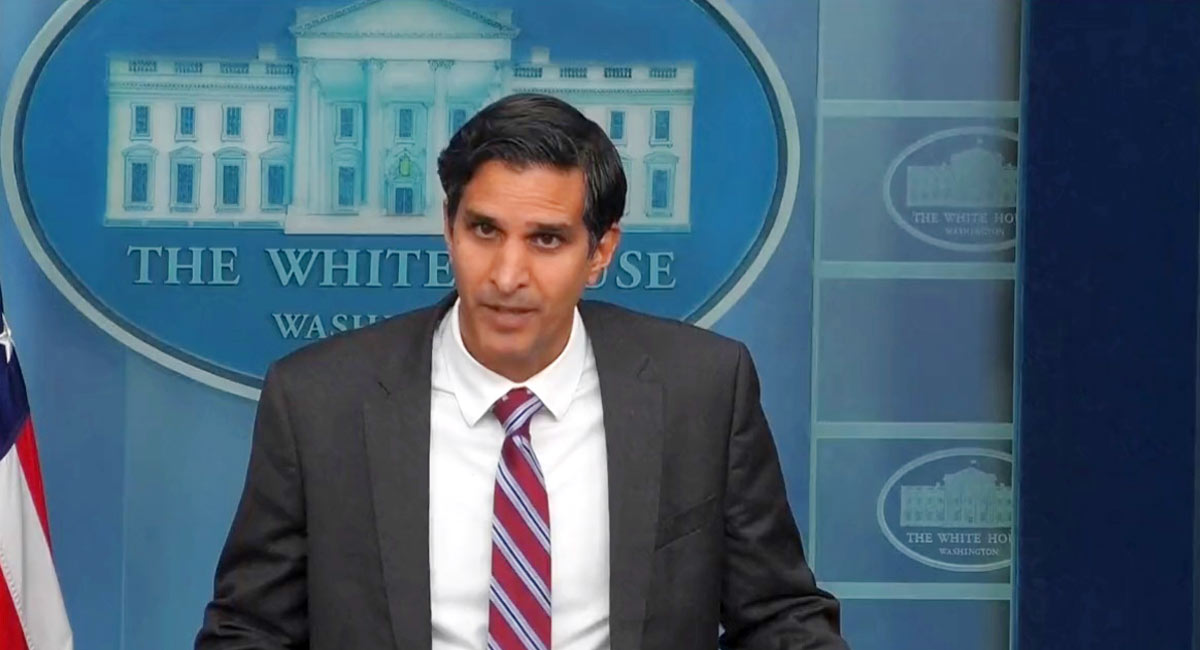
Washington: The unprecedented package of financial sanctions imposed by the United States in coordination with his friends and allies will isolate Russia from the global financial system and shut down its access to cutting-edge technology, a key White House official said.
Indian-American Daleep Singh, a top aide of US President Joe Biden, on Thursday said these measures include sweeping restrictions on Russian military end users and will also target Russia’s defence, aerospace, and maritime sectors.
Earlier, Biden announced a series of tough economic sanctions against Russia.
“Today, we impose an unprecedented package of financial sanctions and export restrictions in lockstep with our allies and partners that will isolate Russia from the global financial system, shut down its access to cutting-edge technology, and undercut Putin’s strategic ambitions to diversify and modernise his economy,” Singh told reporters at a White House news conference.
“We will impose sanctions on Russia’s two largest financial institutions, Sberbank and VTB, which together hold more than half of the Russian banking systems assets, over USD 750 billion in total,” said Singh, who is the deputy national security advisor for international economics and deputy director of the National Economic Council.
“For VTB, we will freeze all of its assets touching the US financial system and prohibit US persons from doing any business with the bank. For Sberbank, we will sever its access to the US financial system. We will also freeze the assets of and prohibit any business dealings with three additional Russian banks with combined assets of over USD 70 billion,” he said.
“We will also restrict US investors from providing debt or equity financing for 13 of the most critical Russian state-owned enterprises, which combined have estimated assets nearing USD 1.5 trillion.
“And finally, we will also impose sanctions on the executives at these state-owned institutions, as well as additional Russian elites who are complicit in Putin’s kleptocracy and their family members,” he added.
Singh said the US is going to unveil an expansive and unprecedented set of export restrictions, developed in “historically close coordination” with the European Union, Australia, Japan, Canada, New Zealand, the United Kingdom, and Taiwan.
“These new measures include sweeping restrictions on Russian military end users to
impair (Russian President Vladimir) Putin’s military capabilities and will also deny exports across Russia to sensitive cutting-edge technology, primarily targeting Russia’s defence, aerospace, and maritime sectors,” he said.
impair (Russian President Vladimir) Putin’s military capabilities and will also deny exports across Russia to sensitive cutting-edge technology, primarily targeting Russia’s defence, aerospace, and maritime sectors,” he said.
According to Singh, the US and its partners will effectively be cutting off more than half of all high-tech imports going into Russia.
“This includes curbing Russia’s access to advanced semiconductors and other foundational technologies that Russia needs to diversify and modernise its economy. Working in tandem, these financial sanctions and the export controls will undercut Putin’s aspirations to project power on the world stage, and those impacts intensified dramatically just today,” he said.
Singh said the Russian stock market plunged over 30 per cent at one point on Thursday before being halted by local regulators. Russia’s currency, the ruble, weakened to its weakest value on record against the dollar before the central bank intervened and the price the market is charging the Russian government to borrow is now above 15 per cent.
“These impacts over time will translate into higher inflation, higher interest rates, lower purchasing power, lower investment, lower productive capacity, lower growth, and lower living standards in Russia. To be clear, this is not the outcome we wanted. It is both a tragedy for the people of Ukraine and a very raw deal for the Russian people,” he said.
The US has intentionally scoped its sanctions to deliver a severe impact on the Russian economy while minimising the cost for itself, as well as its allies and partners, Singh said.
“To be clear, our sanctions are not designed to cause any disruption to the current flow of energy from Russia to the world. We have carved out energy payments on a time-bound basis to allow for an orderly transition of these flows away from sanctioned institutions, and we provided other licenses to provide for an orderly wind-down of business,” he said.
“What we control is to make sure this will be a strategic failure, not just because of the sanctions but also because of the export controls, because of Europe’s accelerated diversification away from Russia in terms of its energy supply, due to our fortification of NATO’s eastern flank, and due to the renewed energy and unity and determination by the West to stand up for our values and advance our principles,” he said.
1 Comments For This Post.
 Altaf Says:
Altaf Says:Don't dare like a merchant of Venice.... There are something more than economy in this 3rd world. You haven't learnt from Foolish decisions of League of Nations and its hatred policies which sowed the seeds of 2nd World War..
Comment posted on February 25 2022
Most viewed from International
Most viewed from World
AIMIM News
Latest Urdu News
Most Viewed
May 26, 2020
Do you think Canada-India relations will improve under New PM Mark Carney?
Latest Videos View All
Like Us
Home
About Us
Advertise With Us
All Polls
Epaper Archives
Privacy Policy
Contact Us
Download Etemaad App
© 2025 Etemaad Daily News, All Rights Reserved.






.jpg)
.jpg)


.jpg)
